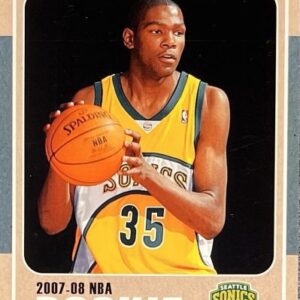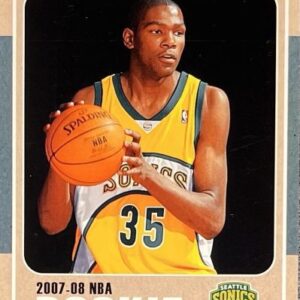Attending sporting events is a thrilling experience for many, but for individuals with disabilities, it can pose challenges. Amidst the bustling crowds, deafening cheers, and intricate layouts of stadiums, service dogs emerge as superheroes, offering essential aid and comfort to their handlers.
– Access and Navigation –
The invaluable role of service dogs at sporting events is most evident in their assistance with navigating through the venue. Maneuvering through packed stadiums can be overwhelming, especially for those with visual impairments or mobility restrictions. Service dogs expertly guide their handlers to their seats, help them navigate around obstacles, and ensure safe passage through congested areas, making the event experience more manageable and enjoyable.
– Emotional Support and Anxiety Reduction –
Sporting events are synonymous with high spirits and energy, but for some individuals, they can trigger anxiety and stress. Service dogs become steadfast companions, providing a calming presence that helps alleviate anxiety and enhance emotional well-being. Whether it’s managing PTSD triggers, autism-related challenges, or severe anxiety, these loyal companions offer a sense of security that enables their handlers to engage in the event with confidence.
– Medical Assistance –
Beyond emotional support, service dogs are trained to detect subtle changes in their handler’s health conditions, potentially saving lives in critical situations. For individuals managing conditions like diabetes, epilepsy, or severe allergies, these service dogs act as early warning systems, alerting their handlers to impending health crises. Their swift intervention can prevent emergencies and ensure prompt medical attention, even amidst the excitement of a sporting event.
– Enhanced Independence –
The presence of a service dog fosters independence for individuals with disabilities, allowing them to rely on their canine partners for assistance instead of constantly seeking help from others. By promoting self-sufficiency and confidence, service dogs empower their handlers to actively participate in the event, enhancing their overall sense of autonomy and inclusivity.
– Legal Rights and Accessibility –
Thanks to the Americans with Disabilities Act (ADA), service dogs enjoy legal access to all public spaces, including sporting venues. This legislation protects the rights of handlers, guaranteeing them the freedom to bring their service dogs to events without fear of discrimination. Event organizers are mandated to accommodate service dogs, ensuring that individuals with disabilities have equal access to the excitement and entertainment of sporting events.
Every successful outing with a service dog at a sporting event requires careful planning and proactive measures to ensure a smooth and enjoyable experience. Here are some tips to consider before attending a sporting event with your service dog:
– Plan Ahead: Familiarize yourself with the venue’s policies on service dogs and inform staff members about your dog’s presence and specific needs.
– Stay Calm: Maintain a composed demeanor to help your service dog stay focused amidst the buzzing atmosphere of the event.
– Bring Essentials: Pack essential items for your service dog, including water, snacks, and waste disposal bags, to ensure their comfort and well-being.
– Advocate for Your Rights: If faced with any challenges or resistance, assert your rights under the ADA confidently, providing necessary information about your service dog’s role and the legal protections in place.
In the realm of sporting events, service dogs shine as indispensable companions, enriching the experience for individuals with disabilities. By offering unparalleled assistance in navigation, emotional support, medical alerts, and independence, service dogs pave the way for their handlers to embrace the thrills and camaraderie of sporting events with confidence and inclusivity.






